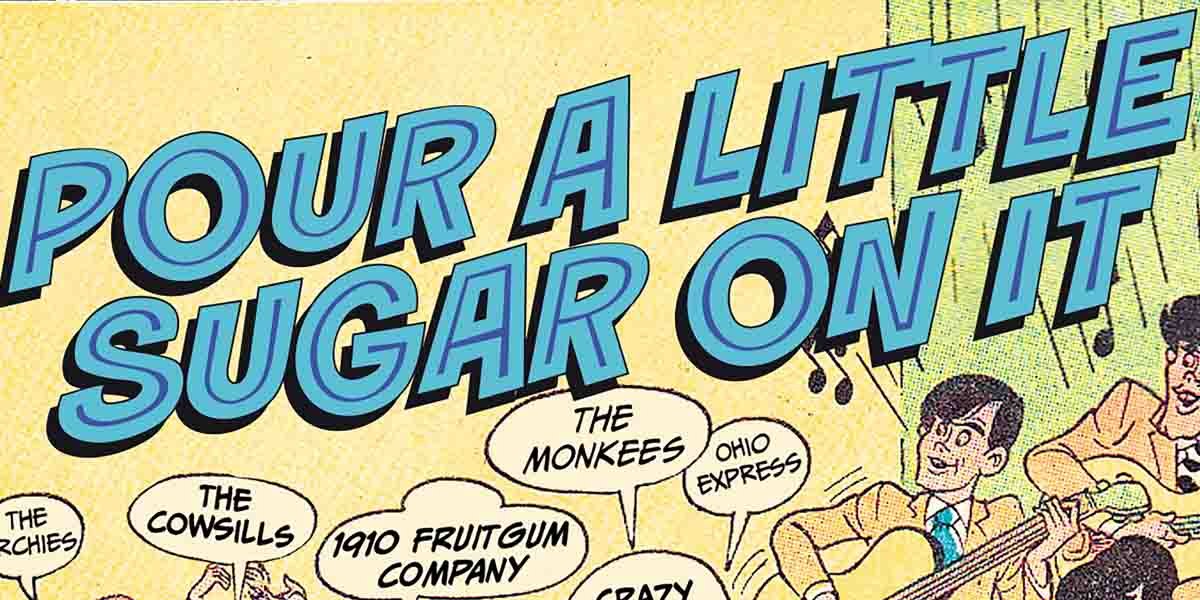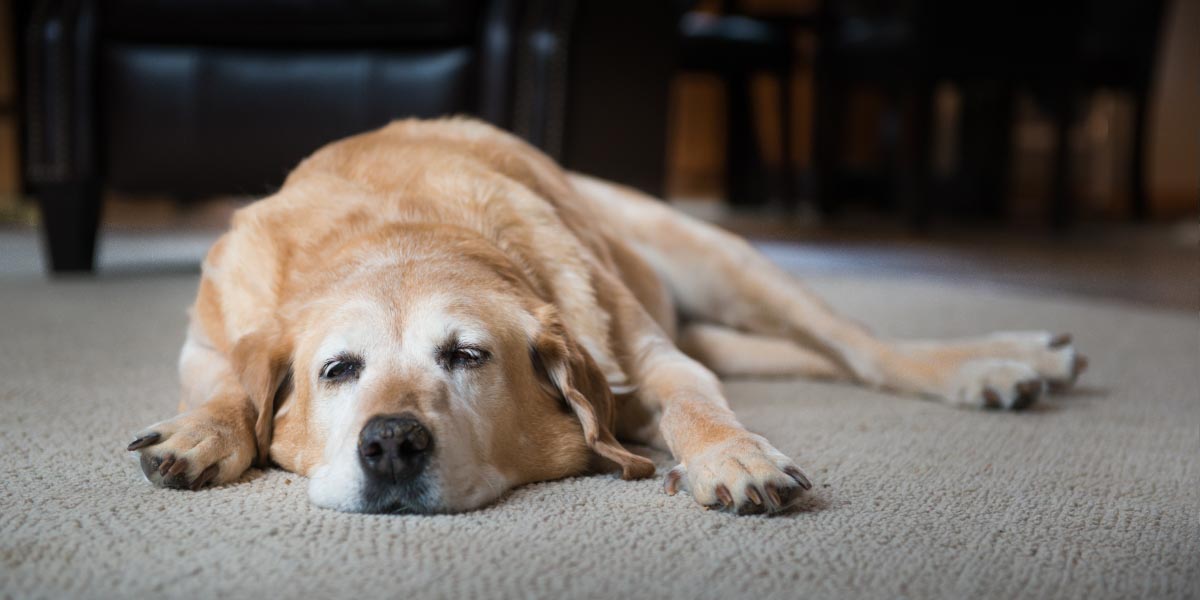Our diet begins, and the gym is booked for our New Year resolutions, but what about our four-legged pooches? Have they also enjoyed a treat too many? An extra Christmas dinner? Visitors feeding goodies?
With over half the UK dog population currently overweight and the added extra pounds consumed over the festive period who will help with their growing bulge?
Did you know that Obesity is classed as a disease in dogs? It can shorten lifespan and lead to many other diseases such as arthritis, breathing difficulties, diabetes and certain types of cancer – to name but a few.
So, what can we do?
- Diet: If your dog is slightly overweight then feeding an appropriate diet with reduced calories and increased fibre such as OSCAR High Fibre Lite is important. Make sure you are feeding for the weight the dog should be, and not its current weight. If you are concerned your dog is obese then please seek further advice from your local vet.
- Measure: It is important, especially during weight loss, that the amount of food fed is exactly the same every day. Weigh food daily for the exact food ration as studies show that measuring cups can be inaccurate.
- Interactive Feeders: Using a slow-down bowl or interactive feeder will mentally and physically stimulate your dog. It is more interesting than feeding from a bowl and encourages them to work for each meal and burn calories whilst eating!
- Exercise: Enjoy plenty of time together out walking, playing at home and in the garden. If your dog is very obese, start off very gradually and seek veterinary advice.
- Regular weight and BCS: Ensure the dog’s weight and Body Condition Score (BCS) are regularly checked.
- Treats: Cut back on the extras, avoid high calorie rewards and if you really have a special treat you want to give them cut back a small amount of their daily food to allow for it. All extra calories from treats will be stored as fat in the body.
- Food diary: Use a daily diary to record all the food the dog is currently being fed. This encourages all family members to be part of the dog’s routine and may reveal some extra food that you didn’t know was being eaten!
It’s not just dogs but cats can experience exactly the same issues relating to obesity. If you would like a free Body Condition Scoring Chart please drop us a message and we will happily pop one in to you when we next pass your door.
Author: STUART EDGAR
OSCAR Pet Foods Carlisle offer a wide range of foods for dogs, cats in order to cater for your pet's needs throughout their lives. Diets include grain free, gluten free, weight control and joint care support. Contact Stuart Edgar on 01228 658143 or Mobile: 07486 457 237, or visit www.oscar.co.uk for more information.






